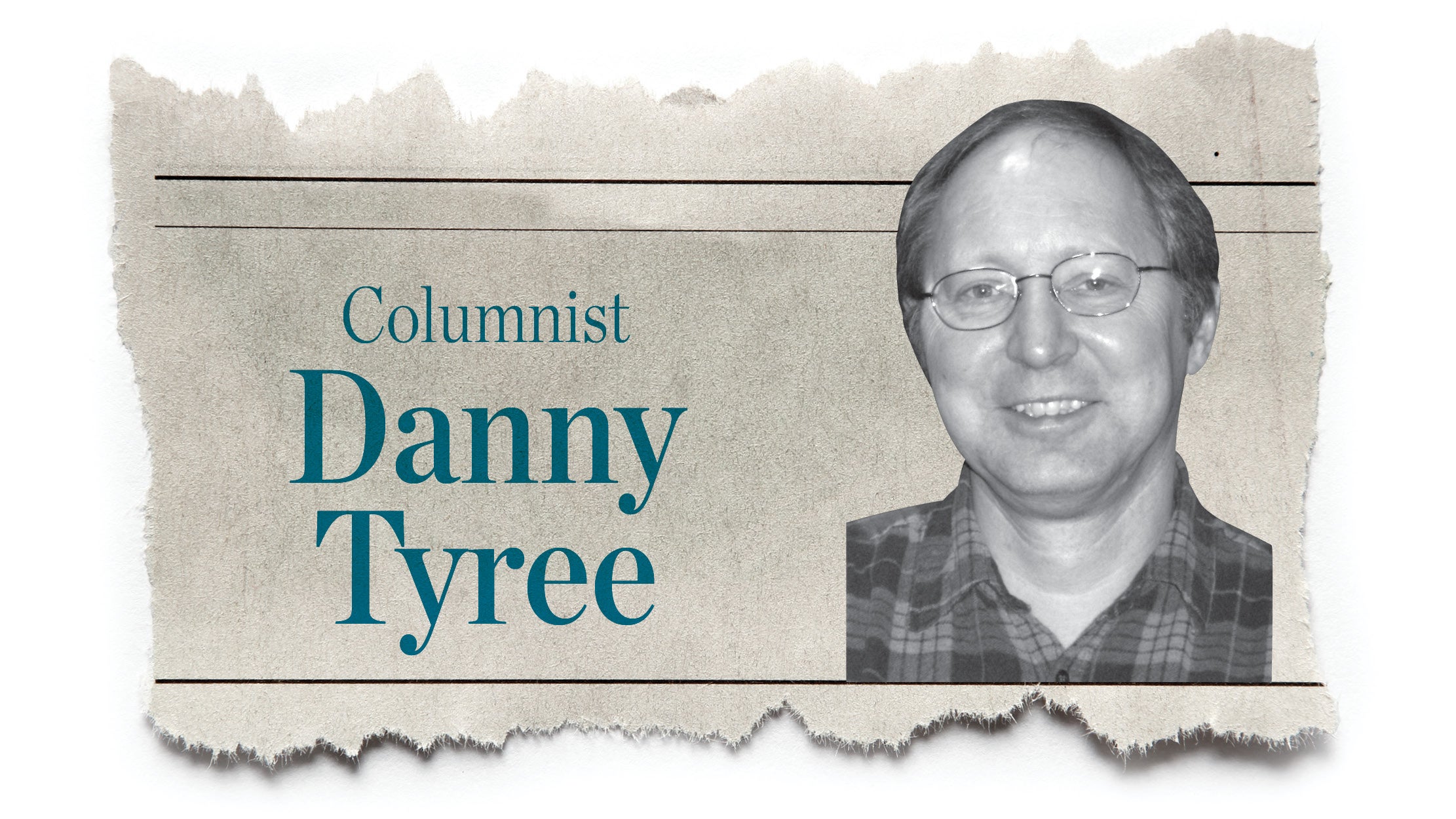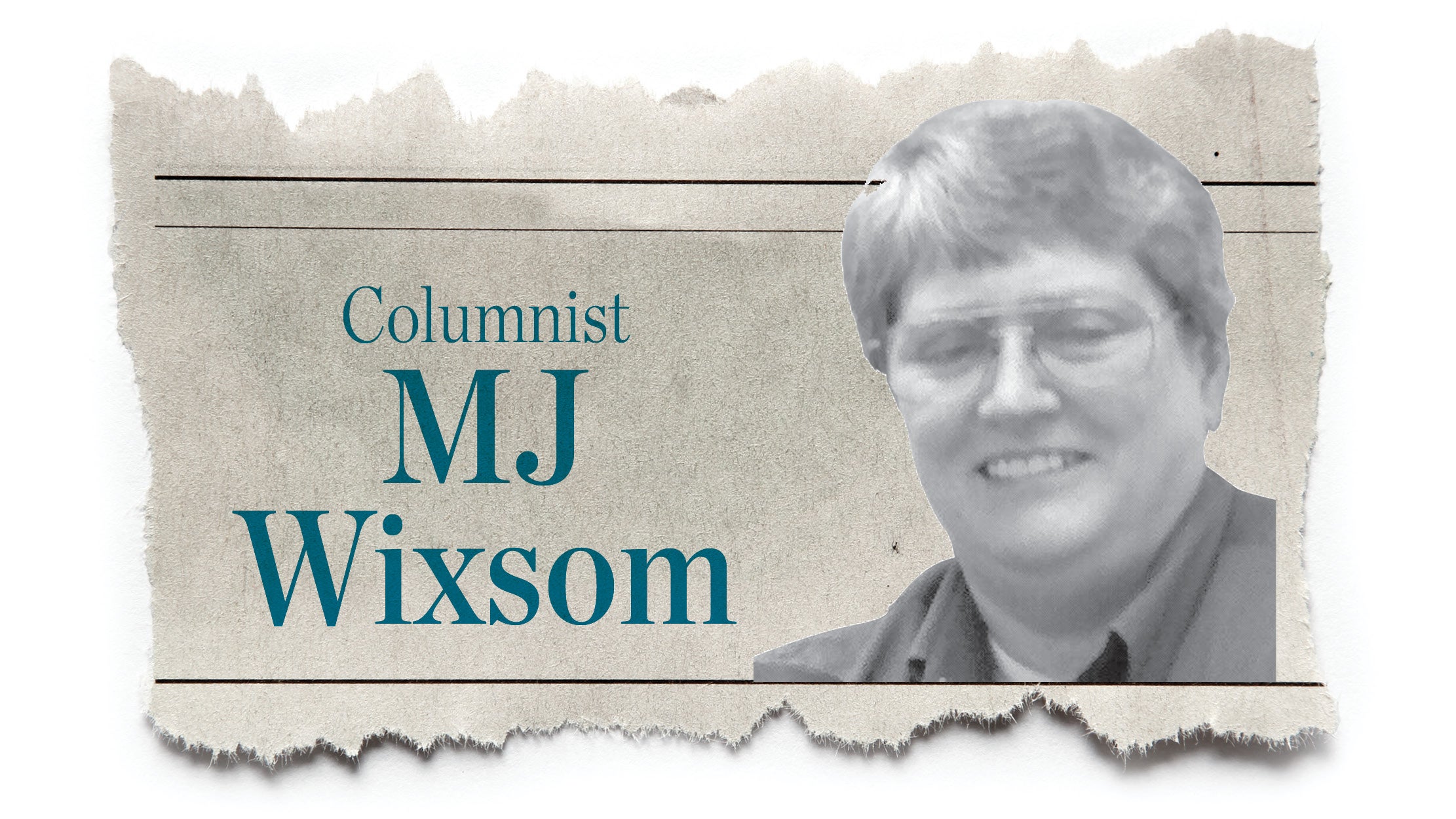Media, society magnifying wrong ‘tragedies’
Published 12:00 am Sunday, July 31, 2011
Sometimes, understanding where events fit into this world and how history will remember them takes a little time in order to gain some much-needed perspective.
And, sometimes, it just doesn’t.
That is the way it should have been about a week ago, on July 22, when Anders Behring Breivik followed through on some of the crazy rolling around in his head and decided to set off a bomb, then shoot and kill 77 people — many of them children — in Norway.
This was a tragedy of the highest level. This one lone gunman committed a massacre that will go down as one of the worst acts of violence in modern times.
Although this happened half a world away, it was getting a fair amount of coverage by the national media.
Then, it practically stopped on a dime.
A new story broke on July 23 and apparently many thought it was more important.
The headlines screamed. “British singer Amy Winehouse found dead at London apartment.”
Immediately this seemed to be everyone’s focus. The national media had a new darling story of which to provide a massive over-saturation of coverage.
Celebrities, many of whom were quiet on the Norway tragedy, took to social media like Facebook and Twitter to weigh in. Even my own Facebook friends list contained lots of concern for Winehouse but little condolences or words of support for all those families in Europe.
Don’t get me wrong, any loss of life is sad. I feel for Winehouse’s family and am saddened to see anyone leave this Earth so young and so needlessly.
But these two events aren’t even in the same galaxy on the tragedy meter. This continues to show our culture’s unhealthy elevation and idolization of celebrities.
Winehouse’s most famous song hinged on her refusal to go to drug rehab. Her actual cause of death remains unknown at this time.
I understand that the almost unimaginable events in Norway can be too much to comprehend, but we have to try.
Anything else desensitizes us to the magnitude of this and makes it more likely that someone, somewhere is going to do this again because it simply wasn’t made a big deal.
Far too often, it seems, the important stories get lost amid the sexy or popular ones.
Although some of the blame falls on the media, it ultimately falls on each of us as consumers and viewers to say, “We know this is important. We need to learn more.”
Otherwise, we may one day find that our history books are all missing the big picture.
Michael Caldwell is publisher of The Tribune. To reach him, call (740) 532-1445 ext. 24 or by e-mail at mike.caldwell@irontontribune.com.





